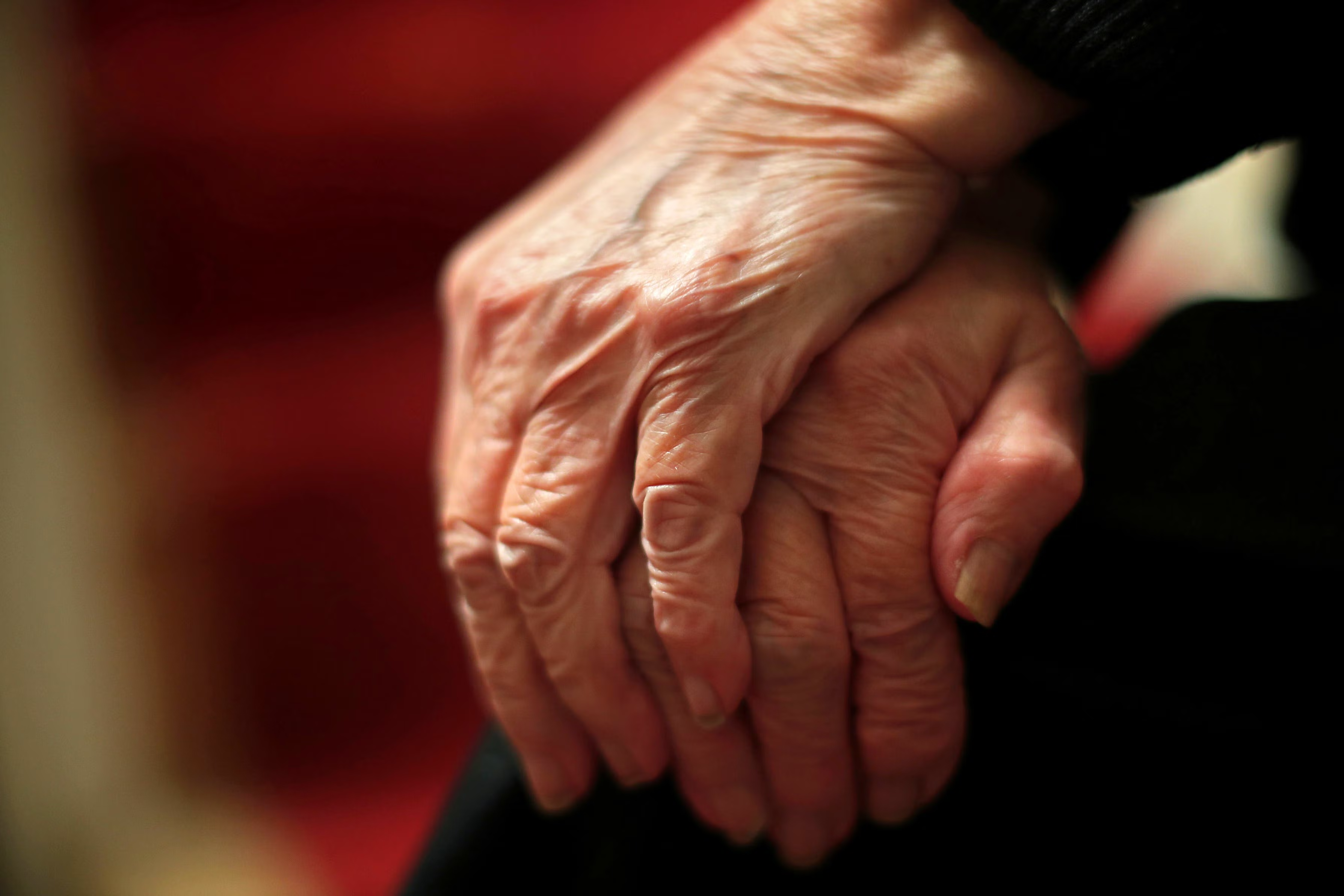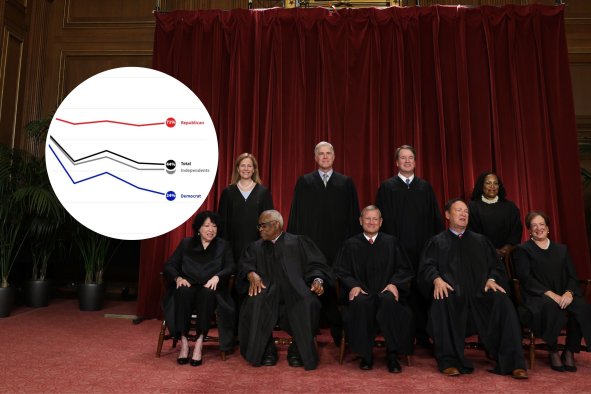Your support helps us to tell the story
Support NowOur mission is to deliver unbiased, fact-based reporting that holds power to account and exposes the truth.
Whether $5 or $50, every contribution counts.
Support us to deliver journalism without an agenda.

Louise Thomas
Editor
The rise in human life expectancy may be finally slowing down after nearly doubling over the last century, new research suggests.
Experts now say the emphasis should now shift to extending the number of years people spend in good health.
Over the 19th and 20th centuries, there have been dramatic increases in how long people are expected to live, due to factors such as healthier diets and medical advances.
But experts say the rate of increase has slowed considerably in the last three decades, after nearly doubling over the course of the last hundred years.
There may be more immediate potential in improving quality of life at older ages instead of extending life, the scientists say.
Lead author S Jay Olshansky, of the University of Illinois Chicago School of Public Health in the US, said: “Most people alive today at older ages are living on time that was manufactured by medicine.
“But these medical Band-Aids are producing fewer years of life even though they’re occurring at an accelerated pace, implying that the period of rapid increases in life expectancy is now documented to be over.”
Professor Olshansky added: “That also means extending life expectancy even more by reducing disease could be harmful, if those additional years aren’t healthy years.
“We should now shift our focus to efforts that slow ageing and extend healthspan.”

The study suggests it would be optimistic if 15% of females and 5% of males could live to 100 years old in most countries this century.
This indicates that unless the processes of biological ageing can be markedly slowed, radical human life extension is implausible in this century.
Researchers say that despite breakthroughs in medicine and public health, life expectancy for those in the world’s longest-living populations has only increased by an average of six and a half years since 1990.
The rate falls short of some scientists’ expectations that life expectancy would increase at an accelerated pace in this century and that most people born today will live past 100 years.
Prof Olshansky said: “Our result overturns the conventional wisdom that the natural longevity endowment for our species is somewhere on the horizon ahead of us — a life expectancy beyond where we are today.
“Instead, it’s behind us — somewhere in the 30- to 60-year range. We’ve now proven that modern medicine is yielding incrementally smaller improvements in longevity even though medical advances are occurring at breakneck speed.”
The findings, reported in Nature Ageing, support the idea that life expectancy gains will continue to slow as more people become exposed to the downsides of ageing.
The study looked at data from the nine regions with the highest current life expectancies – Hong Kong, Japan, South Korea, Australia, France, Italy, Switzerland, Sweden, and Spain – to compare with the United States between 1990 and 2019.
They found that rising life expectancy decelerated across the globe and notably declined in the United States.
According to the scientists, their research has important implications for social, health and economic policies.
Disclaimer: The copyright of this article belongs to the original author. Reposting this article is solely for the purpose of information dissemination and does not constitute any investment advice. If there is any infringement, please contact us immediately. We will make corrections or deletions as necessary. Thank you.



